The temperatures are just now getting hotter outside, which means it’s important that your car’s air conditioner is working efficiently. However, without proper maintenance, our car’s AC cannot work correctly or at all. If you think you need AC repair for your car, but aren’t sure, keeping reading below to learn about the signs of car air conditioner repair.
No Air
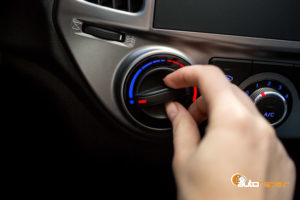
Unsure If You Need AC Repair for Your Car? Find Out Common Signs for Air Conditioner Repair Service.
You turn on your car and crank the AC, but there is no air coming from your vents. Something could be wrong with your AC’s fan or the actual switch to control the air conditioner could be broken.
Warm Air
You are excited to get in your car and turn on the air conditioner only to find out that warm air is blowing from the vents. This will definitely require AC repair because no one wants to be stuck with a car air conditioner that doesn’t blow cold air. The most common fix would be to recharge your refrigerant.
Weird Noises
The only sound should be coming from your AC vents is the sound of air blowing out. Unfortunately, there will be times when rattling or banging. There might be a problem with the AC’s condenser or there could be something stuck in the blower motor, either way, it’s important to have it checked out immediately.
Unusual Smell
As with sounds coming from your air conditioner vent, you shouldn’t be able to smell anything when the air is blowing in your car. If you smell something sweet it means there is a coolant leak and if there is a musty smell, there could be mold in the actual AC.
If you need air conditioning repair in Lombard, IL, call J1 Auto Repair today at (630) 932-4427.

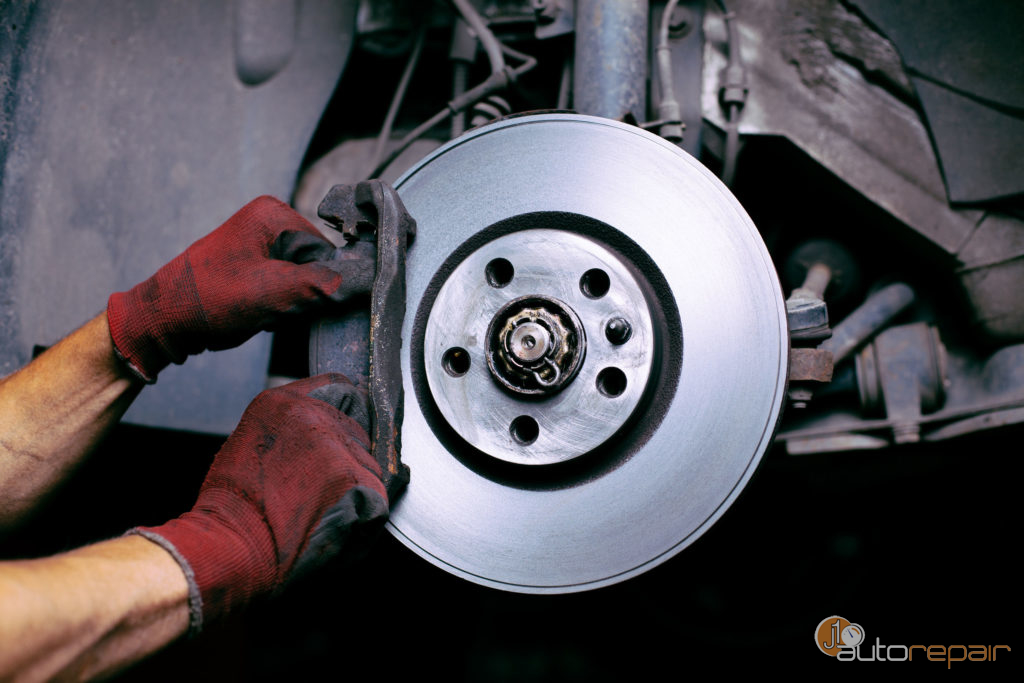

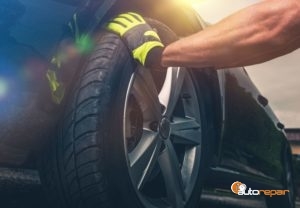
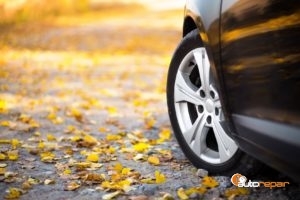
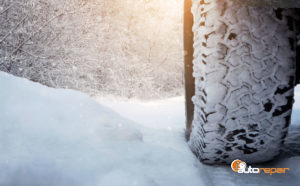
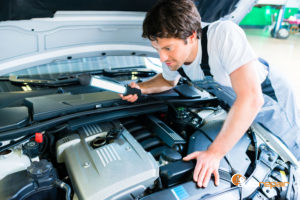

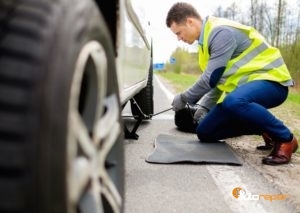
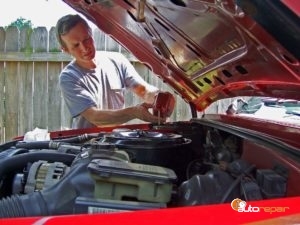 Check Your Fluids
Check Your Fluids